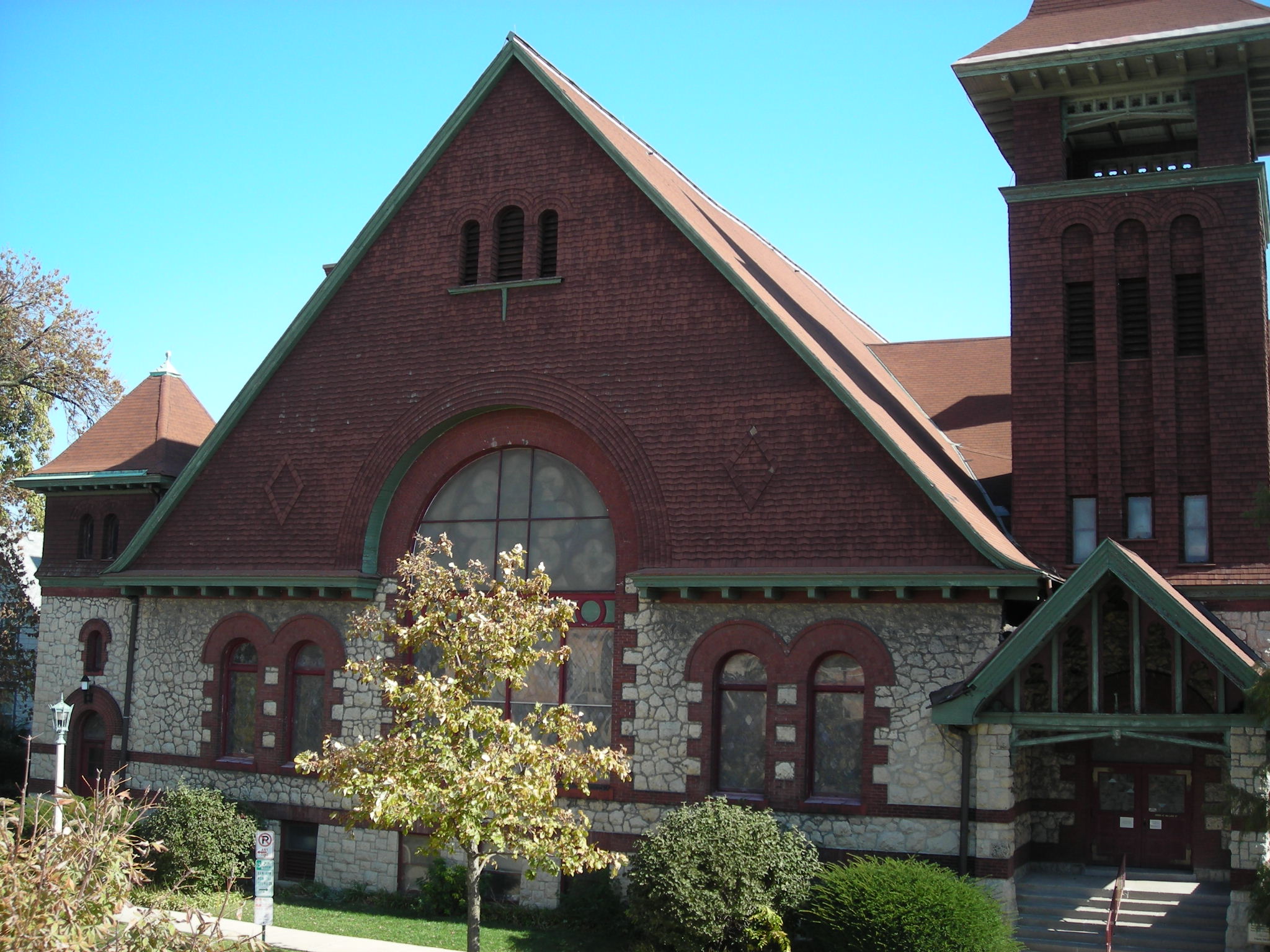
Matthew, Mark, and Luke—often known as the “Synoptic” writers because they follow a similar synopsis of Jesus’ ministry—are masters of the short form. In the space of a few verses they tell big stories that end clearly and cleanly. A person crosses Jesus’s path, his/her life is forever changed, and both parties move on. (Often, to make a point about how transformative these events are, nearby hyper-religious gatekeepers grumble that Jesus isn’t obeying the rules.)
John’s Gospel is different. This writer loves lengthy discussions about theology and life and who Jesus is and what it means to know God. Indeed, this Gospel’s central happening is a four-chapter dinner conversation known as the “Final Discourse,” because it’s Jesus’s last time with his followers before he’s executed. But even this talk isn’t all that unusual. John’s writer sets this trend in motion with a lengthy chat between Jesus and a religious leader named Nicodemus, immediately followed with a lengthy talk with a Samaritan woman whom no one else seems very interested in. (And in the latter case, the fanatics who get upset with Jesus are none other than his disciples.)
The Samaritan story is a fascinating tale that renders many layers of meaning. In the course of what sounds like a fairly innocuous back-and-forth about faith traditions many important topics surface: worship, inclusion, gender, prejudice, community, and social inequities to name a few. Underneath it all, however, is a bigger question about religion and spirituality and how they work together. To underscore the importance of this conversation, the writer sets it at high noon.
If asked directly, the woman might describe herself as “religious but not spiritual.” In our current environment—when religion regularly gets weaponized to abuse people, including children—people justifiably look through jaundiced eyes and often respond, “I’m spiritual but not religious.” Either way, we end up with the same result: an incomplete picture of what religion and spirituality truly are.
Can you be spiritual but not religious? Yes. Or religious but not spiritual? Absolutely. But will either result in wholeness and meaning? Absolutely not. By the time Jesus leaves the Samaritan woman she’s figured this out and her life is transformed. Not only that, but much that’s gone missing is restored. Most notably, she regains her voice in a community that stopped paying attention to her long ago.
This coming Sunday, February 2, Gather will take a closer look at this woman’s story during our February worship experience, “Spiritual but not & Religious.” Plan now on spending a time with us. You’ll be glad you did!

If you’ve not been part of a Gather worship time, you’re in for a joyful and moving experience. We begin at 5:00p CST. If you’re unable to be with us in person, you can find us online via Facebook Live. See you then!
We need your help!
As we think about the future of Gather, please let us know what gifts you bring and would like to share with the community. There are many roles that have to come together to make Gather happen every week. This includes setup, technical support, worship, managing handouts and information, coordinating drinks, and teardown. We need your help. Please let us know what type of service you’d be interested in!
Watch God Work,
Tim & Shea
As we prepare to become a vibrant worshipping community, we invite you to enjoy a Spotify playlist that captures the kind of worship we hope to embrace. Give it a spin while you’re driving. Make it your workout jam. Add it to your devotional time. Most of all, feel yourself becoming part of a sacred village of believers who love their God and one another!
Check out the Gather Worship Playlist here.

